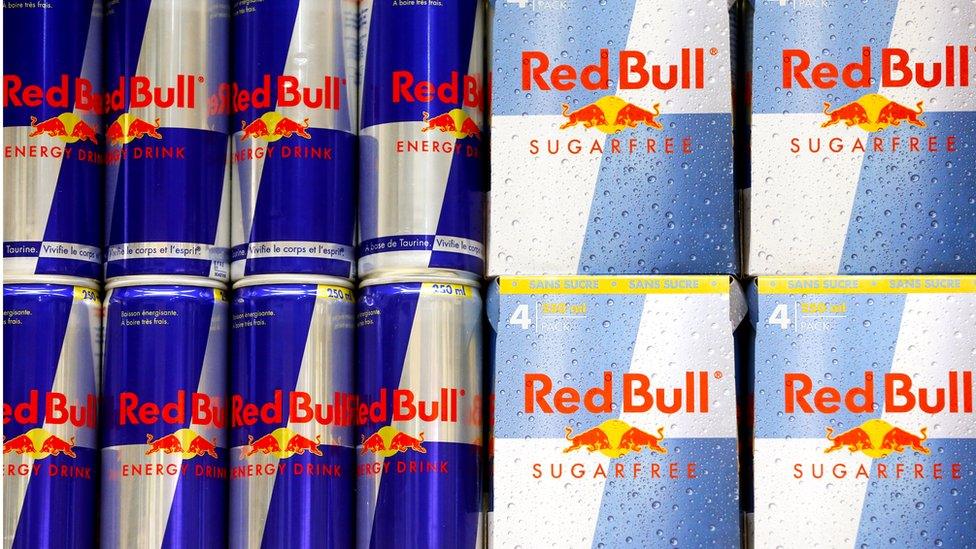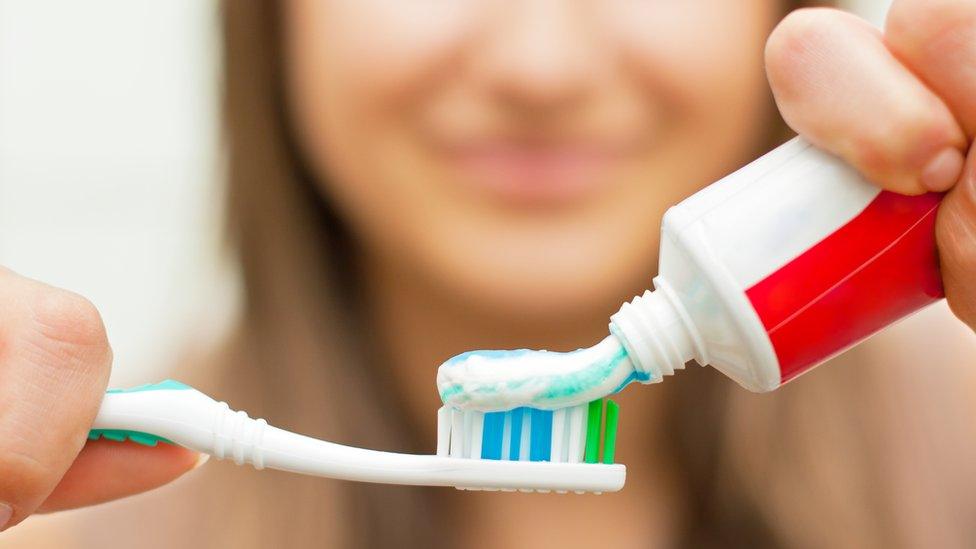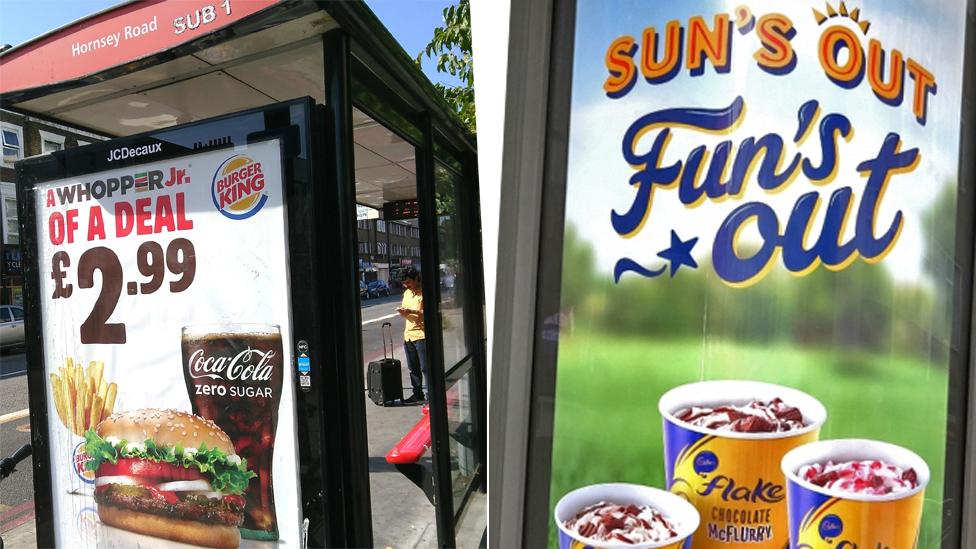Red Bull Tube poster banned over 'focus boost' claim
- Published

Red Bull should not suggest its drink improves concentration, the watchdog ruled
A poster advert campaign by Red Bull has been banned for wrongly implying the energy drink could increase focus and concentration.
Posters shown on the London Underground suggested Red Bull could help workers finish their work and go home by 4pm.
The Advertising Standards Authority said the advert was light-hearted but implied unauthorised health claims.
Red Bull had said the poster merely promoted a "consumer initiative", encouraging workers to leave early.
Productivity boost
The poster offered "the secret to finishing early" and featured a poem with the concluding rhyme: "Because to leap every hurdle a hectic day brings, you just need to know: Red Bull gives you wiiings."
One person who saw the poster complained to the ASA that the advert implied the caffeinated energy drink had a positive effect on health, improving focus and concentration.
But Red Bull argued to the ASA that it was just promoting its own "National 4pm Finish Day" - a stunt which it invented specifically to be marked on 14 September 2018.
It denied that the advert suggested any health benefit or that the drink made people better at doing their jobs through increased concentration or focus.
Unproven claims
But the ASA ruled against Red Bull, saying that consumers would understand that the poster did imply those health claims, which were not authorised on the EU Register.
The EU Register of Nutrition and Health Claims is an official list of scientifically proven claims about foods and their benefits to health.
"We considered that the penultimate line of the poem, 'to leap every hurdle a hectic day brings', implied that Red Bull could help improve consumers' mental focus, concentration and energy levels, and therefore increase productivity," the ASA said.
The ASA ruled that the ad must not appear again and the company has been told not to imply that its product can boost health and concentration when those claims are not on the register.
- Published9 January 2019

- Published19 December 2018

- Published21 November 2018
